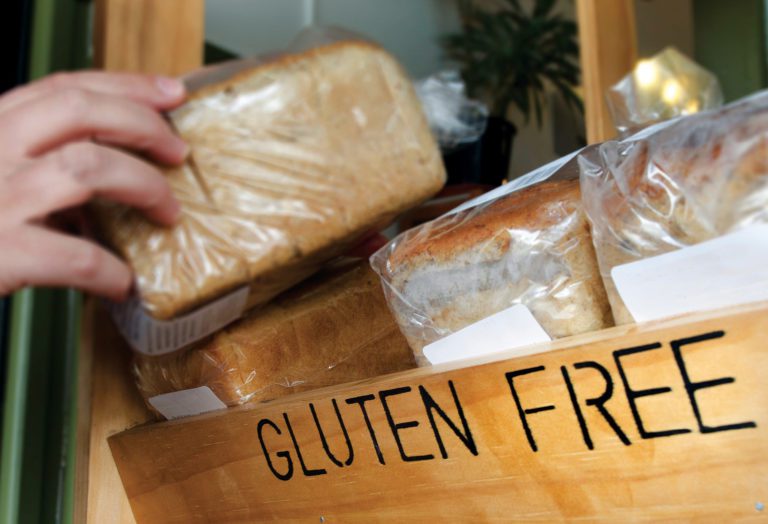Should you go gluten-free?
Unless you have gluten sensitivity or celiac disease, a gluten-free diet isn’t necessarily healthier

Gluten-free products are everywhere, it seems. But is a gluten-free diet healthier? It’s worth educating yourself before making a decision on whether to go that route.
Gluten sensitivity and celiac disease
Gluten is a general term for the storage proteins found in wheat, barley, rye and related cereal grains, like triticale, spelt and kamut. In people with celiac disease (an autoimmune disorder that affects fewer than one per cent of people in North America) or dermatitis herpetiformis (a skin version of celiac disease), gluten damages the small intestine, resulting in poor absorption of nutrients. For them, even a small amount of gluten is harmful, and a strict gluten-free diet is the only effective treatment. (Symptoms may include diarrhea, constipation, stomach pain, bloating, gas, weight loss, chronic fatigue or weakness, low iron levels, muscle cramps and pain in the bones or joints.)
People with non-celiac gluten sensitivity, which may affect up to 13 per cent of North Americans, also benefit from avoiding gluten-containing foods. Since the symptoms are very similar, a proper clinical assessment is necessary for a clear diagnosis. Some of these symptoms may also be related to irritable bowel syndrome (ibs), so it is important to determine whether gluten is the cause.
This is a content preview from the Member's Area.
Read the rest of the article, along with all magazines articles and other exclusive offers and content only available to members.


